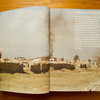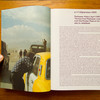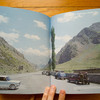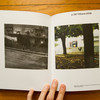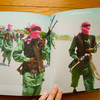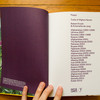Review: Poppy - Trails of Afghan Heroin by Robert Knoth and Antoinette de Jong
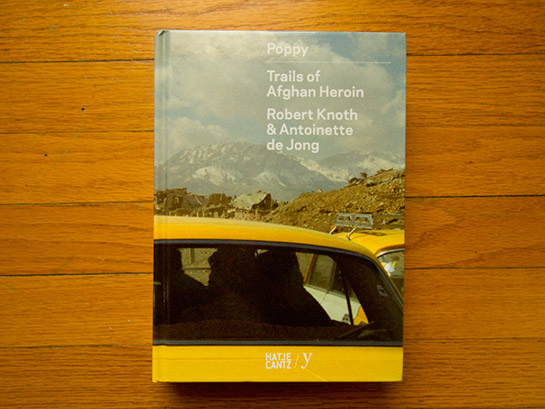
When I met Robert Knoth in early 2010, he showed me some of the photographs he had taken (I forgot where). He said he wanted to produce a book that would trace the heroin/drug trail from Afghanistan to places in Europe and Africa, rattling off more information than I was able to retain. It sounded like a good idea, but maybe just like a lot of the other stuff I was hearing at Fotofest a bit of a tall tale. But then what was a veteran photojournalist doing in that generic hotel banquet room, trying to get people interested in his work, while competing with all those fine-art people taking, let’s say, photographs of their grandmother’s possessions? After all, here was a photographer who had actually traveled to Afghanistan and Pakistan and Somalia and who knows where else, places that one can easily consider as solidly messed up. This must be child’s play, I thought. Showing your photographs to some blogger can’t even be remotely as scary as even the most harmless stuff he ran into in places I wouldn’t go to even if I got paid a lot of money. All that aside, I really did wish him well, because in these twenty minutes Knoth had convinced me that there was a real, complex story here, parts of which I was somewhat familiar with, having read all kinds of stories and books about this and that, without being able to connect the pieces. (more)
Here it is now, Poppy - Trails of Afghan Heroin, a veritable brick of a book: 492 pages. Four hundred ninety two pages, covering a time period from 1993 until 2011, the story of a war (Afghanistan) and how that war poisoned, literally poisoned, many places far away. You almost don’t want to know, especially once you realize that the so-called war on terror did nothing to prevent the flood of drugs from a country torn apart by war (and that’s a generous way to describe the situation).
The book casts a wide net, and it connects many different kinds of stories, stories that seemingly have very little to do with each other. Knoth and De Jong went to a large number of places to look at the dots, and they’re combining them here - Knoth visually, as the photographer, De Jong in writing. The wealth in Dubai is tied to the sex tourism in Ukraine, the war in Afghanistan is tied to the war in Kosovo, the disintegrated state of affairs in Somalia is tied to the dysfunctionally corrupt, if not disintegrating state of affairs in the various Stans just north of Afghanistan. It is an utterly disheartening story, but it needs to be told, and it needs to be seen.
Poppy - Trails of Afghan Heroin is an epic tale, and just like any epic tale it is filled with many shady characters, with compromises, and, of course, with people trying to get by, trying to survive, whether it’s in a drug-riddled neighbourhood in Rotterdam or in small, remote villages in Afghanistan. The book is divided into chapters, with the photography and writing semi-separate. There are blocks of writing (the writing is engrossing and addictive - I read the whole book in one go, spending hours with it), which separate blocks of photographs. Quotes from the writing appear on top of the photographs, and many pages have short additional quotes taken from newspapers or government reports, providing even more details.
With its very smart presentation and the quality of the photography and the writing, this book is setting a new benchmark for the photojournalistic photobook. Highly recommended.
Poppy: Trails of Afghan Heroin, photographs by Robert Knoth, writing by Antoinette de Jong, 492 pages, Hatje Cantz/Ydoc, 2012
See my video presentation of the book here
.
